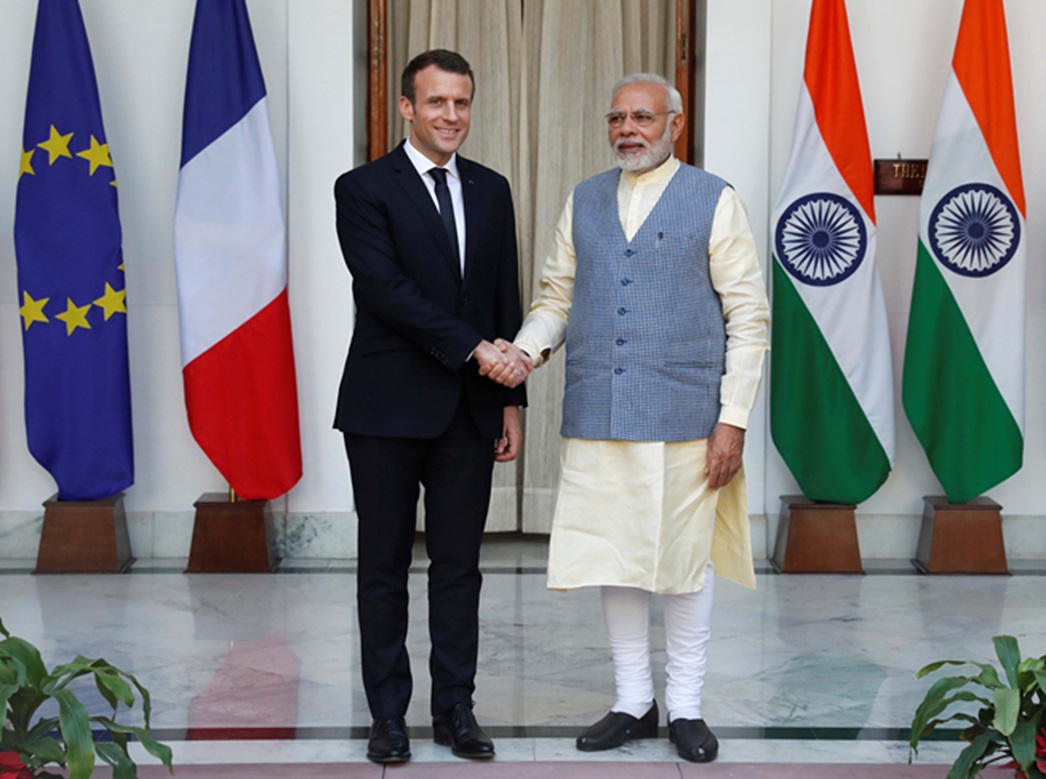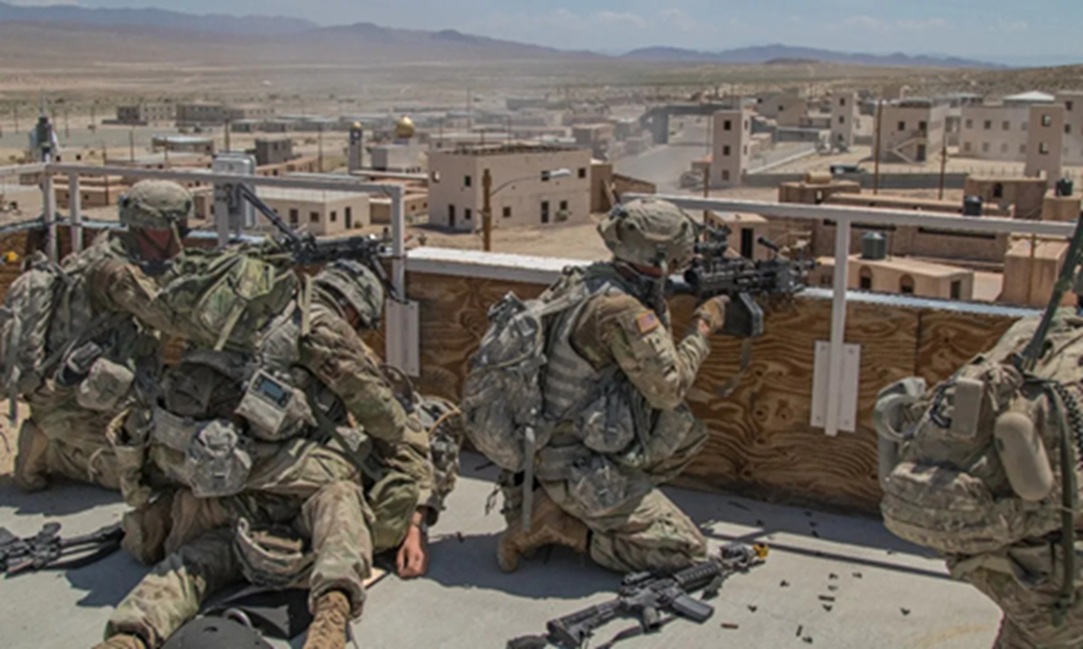France-India strategic partnership is robust and enduring.
The G20 summit took place in New Delhi from September 9 to 10, 2023, and it presented an important opportunity for France and India to strengthen their strategic partnership and voice their concerns on global challenges. Both countries share common values of democracy, respect for human rights, and multilateralism. They also have converging interests in the Indo-Pacific region, where they cooperate on maritime security, counter-terrorism, sustainable development, and trade promotion.
France and India celebrated the 25th anniversary of their strategic partnership this year, signed by Jacques Chirac in 1998. This partnership encompasses various domains, including defence, civil nuclear cooperation, space, education, culture, climate, and health. It reflects mutual trust and solidarity between the two countries in addressing 21st-century challenges. During Narendra Modi’s visit to France in July 2023, both nations adopted two roadmaps for their bilateral relationship. The first sets the course in all areas “towards a globally significant partnership with regional responsibilities” until 2047, the centenary of India’s independence and the fiftieth anniversary of the partnership. The second, the Franco-Indian roadmap for the Indo-Pacific, extends cooperation to the Pacific, building upon their collaboration in the Indian Ocean region.
The G20 summit, therefore, offered France and India an opportunity to implement these roadmaps and enhance their coordination on global issues. India aspires to be a “world guru” and seeks to promote a more inclusive and balanced vision of multilateralism. It advocates for reforming international institutions, notably the United Nations Security Council, to better reflect the diversity of the current world. France supports this demand and has proposed expanding the Council to include six new permanent members: Germany, Brazil, India, Japan, South Africa, and an African nation. Both countries are committed to combating climate change and jointly launched the International Solar Alliance during COP21 in Paris in 2015.
The G20 summit was a platform for France and India to discuss regional and international crises that threaten peace and stability. One major concern is the situation in Ukraine, where Russia has deployed thousands of troops on the border. France and Germany are key mediators in the Minsk process aimed at resolving the conflict through dialogue. India has expressed support for Ukraine’s sovereignty and territorial integrity but also maintains historical ties with Russia, its primary arms supplier. The G20 summit could provide an opportunity for both countries to exchange views on this crisis and call for de-escalation.
Another sensitive issue is the Iranian nuclear question. Iran has resumed uranium enrichment activities beyond the limits set by the 2015 agreement after the United States unilaterally withdrew from the pact in 2018 and reinstated sanctions against Tehran. France is among the European countries trying to salvage the agreement and restart negotiations with Iran. India also favours a diplomatic and peaceful solution to this issue but relies on Iranian oil for its economic growth. The G20 summit could serve as a platform for both countries to reaffirm their commitment to dialogue and non-proliferation.
The Franco-Indian partnership also translates into enhanced cooperation in education, research, and innovation. France and India aim to host 20,000 and 30,000 Indian and French students respectively by 2025 and 2030. To achieve this, they encourage the establishment of joint training programs, particularly in priority areas like science and technology. They also support researcher mobility and the creation of an Indian alumni community. France has established a Franco-Indian campus in the Indo-Pacific region in the field of life sciences for health, bringing together universities, startups, and industrial players. India has launched the Scheme for Promotion of Academic and Research Collaboration (SPARC), which aims to fund collaborative research projects with international partners, including France.
In conclusion, the G20 summit in India was a major event for the Franco-Indian relationship. It provides a unique opportunity for both countries to strengthen their strategic partnership, advocate for their vision of multilateralism, and coordinate their actions on global challenges. France and India share common interests and values that enable them to cooperate closely in the Indo-Pacific region and beyond. The G20 summit could mark a new step in deepening this globally significant and regionally responsible relationship.
Disclaimer: The views and opinions expressed by the author do not necessarily reflect the views of the Government of India and Defence Research and Studies
Title image courtesy: The Wire





